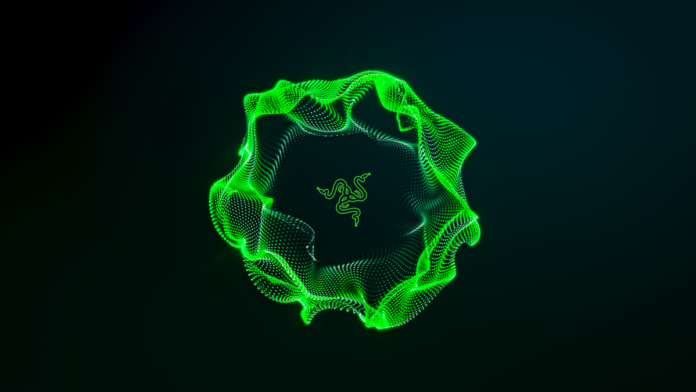Credit: Razer
Have you ever streamed Dark Souls before? Trust me, the last thing you want when you’re struggling with a boss is for the chat to start piping in to tell you how to beat it—an annoyance streamers have started to call “backseating.” Now, imagine the chat is an AI and that it can interrupt your game’s audio to tell you what to do. You’ve got Razer’s new Project AVA.
An “AI esports coach,” Project AVA is essentially a companion that can watch your footage alongside you and provide you with advice as you play. This works for both single player and multiplayer titles, as I saw in demonstrations showing off AVA at work in both Black Myth: Wukong and League of Legends.
While you play, AVA might tell you how to take down a particular boss, or which items will make for the best build, or where your opponents might be. It’s not cheating, per se, since AVA can only see your screen and doesn’t have information that you don’t, but it certainly aims to up your awareness. For instance, it might keep track of your minimap in League to tell you where your opponents are. Or, in a single player game, it might tell you when the boss is about to attack, how long to dodge, and when you can punish. It can also answer questions, if you want to direct its advice.
It’s just a concept for now, but what I’ve seen has me worried that Razer might have lost the plot here. I play video games to engage with the challenges a developer has presented me and to solve their puzzles (yes, combat can be a puzzle). Figuring out a boss’s tells or finding the most optimal build myself is part of the fun for me, and having an AI tell me what to do right away is more likely to make me feel spoiled on the content than supported. Worse, it could make me worse at the game, as I could start to lean on its advice rather than learning how to read attack patterns or understand what my gear is doing myself.
AVA is also loud, and while I didn’t have my hands on the controller myself, I worry it would distract me more than help, or at the very least interrupt my game’s soundscape (which sometimes already gives you hints on what to do!).
Then there’s the issue of where AVA is getting its advice. For instance, if AVA’s telling me how a boss attacks in Black Myth: Wukong, is it pulling that data from a guide, from the developers, or from collected footage of many playthroughs? If the former, it should probably be credited. If the latter, where did that training data come from? If the middle, then I’d prefer to see the hints developers have already given me, in the form of a boss’s animations.
Granted, I can see the appeal of getting some help once you’re into the point of trying to master a game—say, if you’re practicing a speedrun or trying to climb the ladder in ranked. No player is an island, and I do look up guides from time to time. This does lead to maybe AVA’s most promising features, in that Razer says it might base some advice on playstyles from specific esports superstars. An ideal version of AVA would be like having Faker looking over your shoulder while you play.
But it could also easily go the other way. I play a lot of Final Fantasy XIV, and in that game, raiding can come across a bit like a choreographed dance. If AVA learns how each raid is played ahead of time and then simply tells me exactly what to do as I play, what am I getting out of that experience? Am I engaging with the game, or am I just pressing buttons while AVA has all the fun for me?




